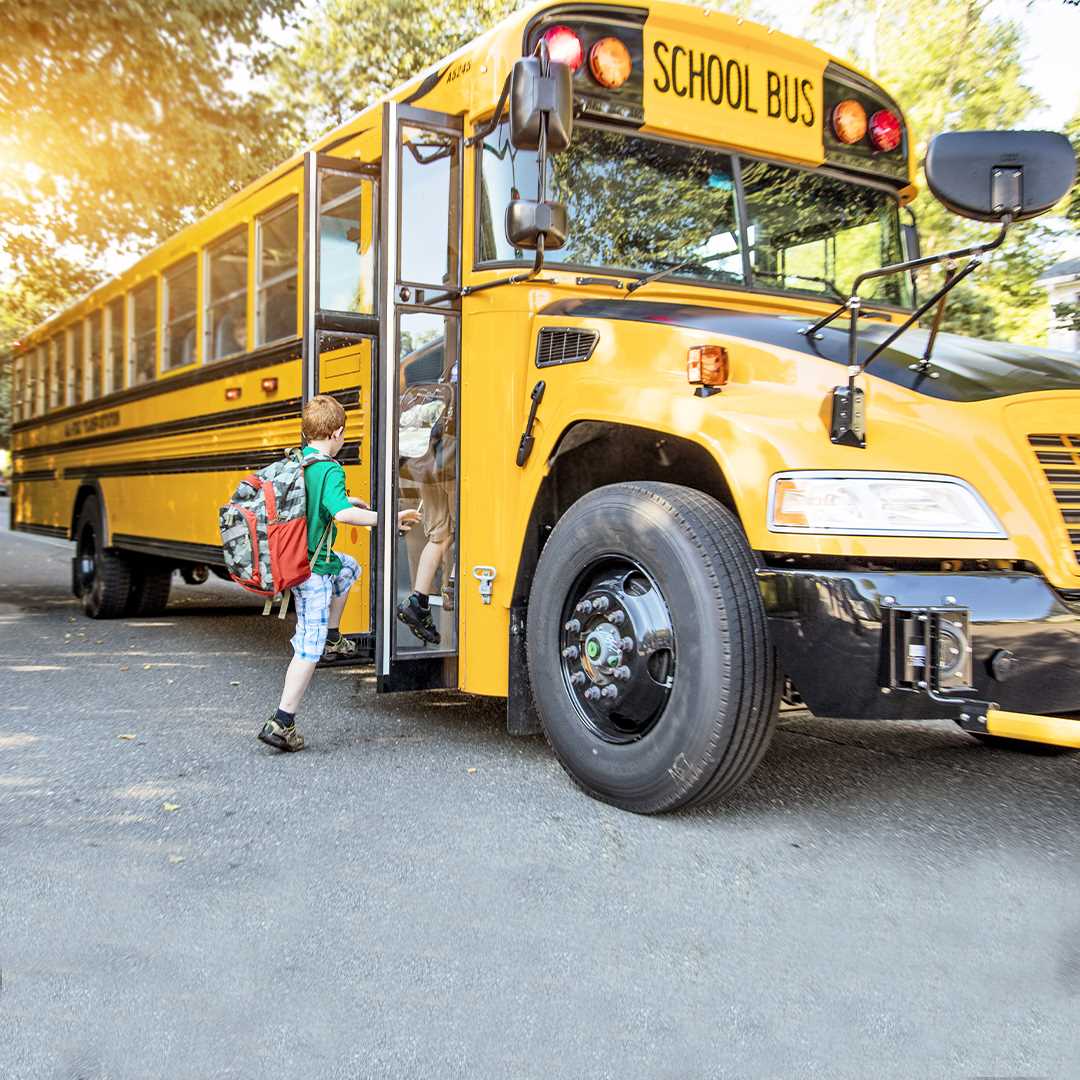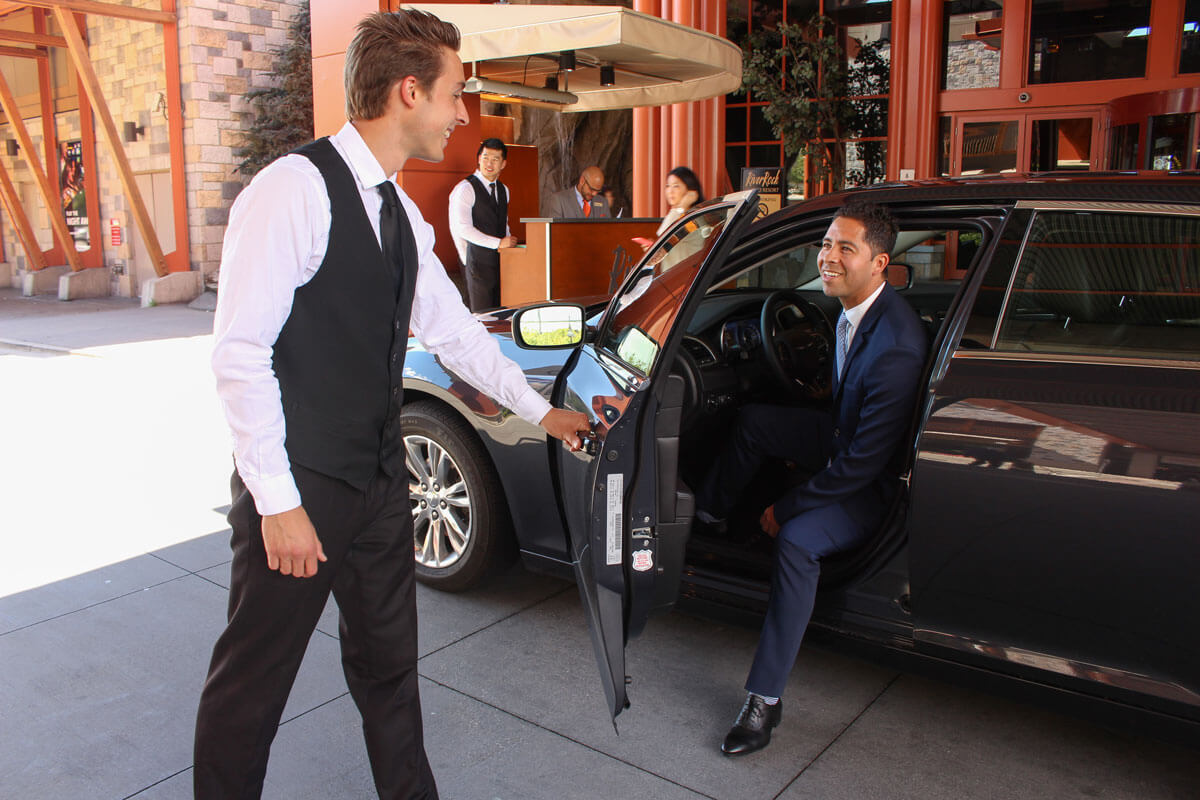7 Tips for Organizing a Fun and Safe School Field Trip

As an educator, one of the most chaotic and stressful things to plan is the school field trip. Keeping an eye on the children (regardless of their age) on school property is one thing, but taking them off campus to experience something that should be a fun and educational experience can be daunting.
In this article, we will present some tips to help make the trip more fun and less stressful.
1. Does it reflect the curriculum?
Any field trip needs to relate to a part of the school curriculum. For example, natural history museums tie in with history classes, and science exhibits can help with chemistry or even biology courses.
Whatever part of the curriculum is being taught at the time of the intended trip should be reflected.
Some students may see the field trip as a way of “goofing off school”, but if the trip relates to their course work, then they will be learning whether they realize it or not.
2. Cost analysis and correct budgeting
When preparing to ask the parents for money to cover the trip, make sure that all expenses are included. Nothing upsets a parent more than being asked for extra money at a later date for a trip they thought was fully paid for.
Typically, to calculate the cost of a trip, the following needs to be remembered:
- Ticket prices: While certain places do give group discounts, especially for schools, you will need to work out the individual cost per child and accompanying adult.
- Transportation cost: While it’s usually one price for the chauffeur service (as companies do not tend to charge per person), again, this should be broken down so that each child can contribute their portion of the cost.
- Food: Are the students bringing their own food, or will they have to purchase it at the destination? If the school is planning to provide food, then the average cost of the meal should be included in the cost of the trip.
- Overnight accommodation: If the trip requires an overnight stay, then these costs will need to be broken down per student and adult, and included in the final cost for the trip.
- Additional costs: What other expenses are predicted for the trip? This needs to be divided among the number of students and adults going so that no one is left out.
Once you have calculated these expenses, add them together and divide them by the number of chauffeurs and students on the trip to give you the total cost each parent will pay.
To make it cost-effective, try to plan the trip at off-peak times. The ticket fees are generally cheaper during such periods, meaning that more students will be able to participate.
3. Matching school colors
Any large group of students can be hard to monitor. Therefore, providing everyone on the trip with matching T-shirts, typically in a bright singular colour, will make it easier for everyone in your group to stand out.
If done in the school colours, it will be easier to see your students, particularly if there are multiple schools on the trip at the same time.
Name badges for all the chauffeurs and students with the school name on them will also help to identify everyone, especially if you get separated.
4. Experience it first
When planning a trip anywhere with students, it’s a great idea to scout ahead before booking anything. This will help you to know how the destination can benefit the children, work with the curriculum, and provide fun and engaging experiences.
If you get bored, then they will get bored, and the trip will be a waste of time. However, taking a few hours over a weekend or during a school break to scout destinations for field trips can be just as exciting for you as it should (ultimately) be for the students.
5. Permission forms
After all the planning, booking, and budgeting are done, don’t forget to send out the permission slips for each student with plenty of notice. This will help families plan out their budgets, fill out the form, mark the event on the calendar, and send in the payment on time.
These forms need to include the date and time, location, payment due dates and methods, as well as why the trip should be attended, which parents will be accompanying the trip, and a medical information form.
It will need to be signed and dated by the legal guardian of the student attending, with both a printed name and signature. Updated contact information should also be provided by the parents/guardians in case there is an emergency.
Ensure that all your bases are covered legally so that you can take the students off campus and enjoy the trip.
6. Provide an itinerary
Parents like to be informed of what their children are doing. Thus, providing an itinerary—including when they are leaving the school and arriving at the destination, planned activities, and returning—will give the parents confidence in the trip itself.
If the trip’s expected return time is after normal school hours, then parents need to be able to make arrangements to have the child collected and brought back home. A detailed itinerary helps them to do this.
7. Use the right transportation service
One key factor to consider when planning a trip is choosing the right service to safely transport the students and yourself.
You should contact a chauffeur service that specializes in student transportation, providing tracking technology for use by the school and parents.
They should also employ highly trained and licensed chauffeur drivers, as well as incorporate Wi-Fi to allow students to remain connected with their family and social media followers.
In addition, there should be 24/7/365 on-site maintenance to ensure that all their vehicles are in optimal working condition.
Contact the Transportation Experts
Bauer’s Intelligent Transportation offers top-grade chauffeur service that makes school trips fun and safe all at the same time. We provide customized route planning, a dedicated account manager, and more for your trip.
You can call us at 415-233-8545 or contact us here now to help you get your trip on the road.













